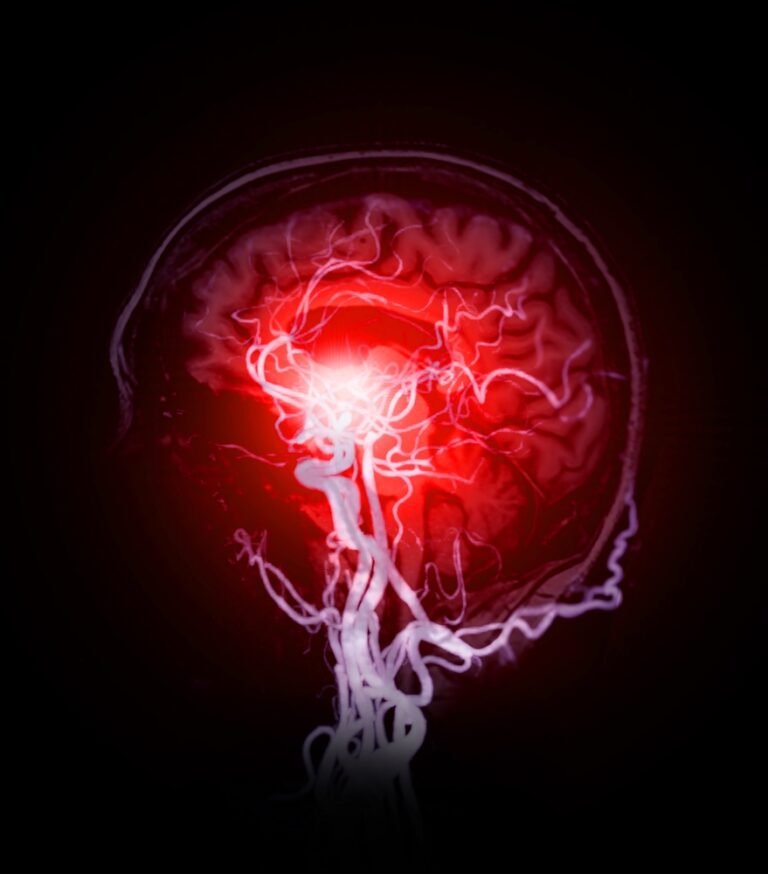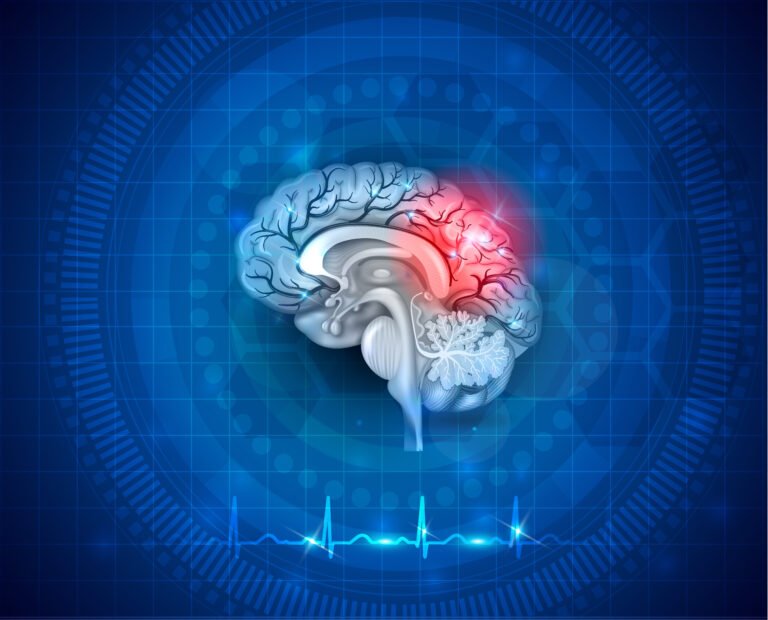Follow us and share.
Myocardial Infarction, Hypertension, and Heart Failure: How to Protect Your Health
Cardiovascular diseases, such as myocardial infarction, hypertension, and heart failure, are the leading causes of death worldwide. Implementing lifestyle changes, such as maintaining a balanced diet, exercising regularly, and undergoing medical checkups, can make a difference. Protecting your health begins with informed decisions and conscious actions.

Understanding Heart Disease
Cardiovascular diseases include a wide range of conditions affecting the heart and blood vessels. Their development is often related to a combination of genetic, environmental, and lifestyle risk factors. While some of these factors cannot be modified, such as age or genetic predisposition, others are entirely preventable.
Key risk factors:
- Non-modifiable:
- Age: Risk increases with aging.
- Gender: Men have a higher risk of coronary heart disease at younger ages.
- Family history of cardiovascular disease.
- Modifiable:
- Diet high in saturated fat and sodium.
- Sedentary lifestyle.
- Smoking and excessive alcohol consumption.
- Obesity.
- Chronic stress.
These factors can contribute to the development of high blood pressure, atherosclerosis, and structural damage to the heart, increasing the risk of serious events such as heart attacks or heart failure.
High Blood Pressure: The Silent Killer
High blood pressure affects more than one billion people worldwide and is known as the "silent killer" because it often doesn't present obvious symptoms until it has already caused significant damage. This condition increases pressure on the arteries, which can damage major organs, such as the heart, kidneys, and brain.

Health impact:
- Increases the risk of myocardial infarction and stroke.
- It contributes to the development of heart failure and chronic kidney disease.
Prevention and management:
- Diet: Choose foods rich in potassium, such as bananas and spinach, and limit your salt intake.
- Physical activity: Get at least 150 minutes of moderate exercise a week.
- Stress managementTechniques such as meditation, deep breathing, and yoga can be helpful.
- Medical monitoring: Measure your blood pressure regularly, especially if you have a family history of hypertension.
Myocardial Infarction: Signs You Shouldn't Ignore
A myocardial infarction, commonly known as a heart attack, occurs when blood flow to the heart is blocked, often due to a clot in a coronary artery. This blockage can cause irreversible damage to the heart muscle if not treated promptly.
Most common symptoms:
- Chest pain or pressure that may radiate to the left arm, neck, or jaw.
- Difficulty breathing.
- Cold sweats.
- Dizziness or nausea.
It is crucial to recognize these signs and seek emergency medical attention, as time is critical to survival and recovery.
Prevention factors:
- Quit smoking.
- Keep your cholesterol and blood pressure under strict control.
- Follow a diet low in saturated fats and refined sugars.
- Perform regular physical activity to strengthen your cardiovascular system.
Heart Failure: A Chronic Condition
Heart failure develops when the heart cannot pump enough blood to meet the body's needs. It can result from various conditions, such as long-term hypertension or a previous heart attack.
Most common symptoms:
- Constant fatigue and weakness.
- Fluid retention, which causes swelling in the legs, ankles and abdomen.
- Difficulty breathing, especially when lying down or during physical activity.
Management strategies:
- Medical treatment: Follow your doctor's instructions for medications such as diuretics and beta-blockers.
- Lifestyle modifications: Limit salt and fluid intake as recommended by your doctor.
- Controlled physical activity: Participate in cardiac rehabilitation programs.
The Importance of Regular Medical Checkups
Regular medical checkups are an essential tool for the prevention and early detection of cardiovascular disease. Through tests such as blood tests, electrocardiograms, and stress tests, doctors can identify risk factors and begin treatment before conditions worsen.
Key tests:
- Lipid profile to measure cholesterol levels.
- Blood pressure monitoring.
- Blood glucose tests to detect diabetes.
- Echocardiograms and angiograms to evaluate heart health.
The Role of Mental Health in Cardiovascular Disease
Chronic stress and anxiety not only affect mental health but can also have a direct impact on the heart. Prolonged stress increases the release of hormones like cortisol, which can raise blood pressure and contribute to the formation of plaque in the arteries.
Tips for managing stress:
- Practice relaxation techniques, such as mindfulness or deep breathing.
- Maintain a strong social support network.
- Spend time on recreational activities that you enjoy.
Nutrition and Supplements for a Healthy Heart
In addition to a balanced diet, certain foods and supplements can benefit cardiovascular health. These include:
- Omega-3 fatty acids: Present in fatty fish such as salmon, they help reduce inflammation and cholesterol levels.
- Fiber: Eating foods rich in fiber, such as oats and legumes, can lower LDL cholesterol.
- Antioxidants: Antioxidant-rich fruits and vegetables, such as citrus fruits and berries, protect against cell damage.
Conclusion: A Healthy Heart Starts Today
Protecting your heart is a daily responsibility that involves simple but significant lifestyle changes. Adopting a healthy diet, staying active, avoiding harmful habits like smoking, and managing stress are key steps to preventing diseases like hypertension, myocardial infarction, and heart failure. With the support of regular medical checkups and a commitment to your well-being, you can significantly reduce your risk of cardiovascular disease and enjoy a full and healthy life.


